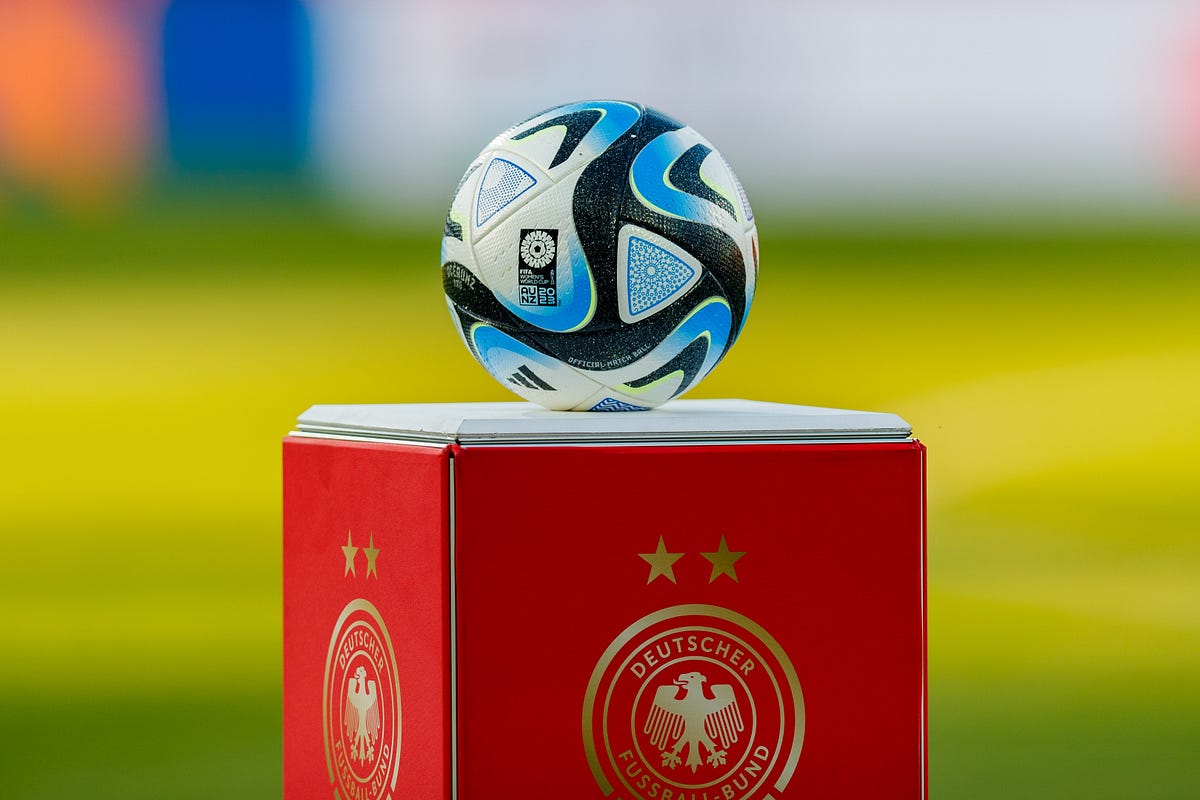

By Asmita - Jul 28, 2025
Plans for a revised European Super League set to launch in 2025 have sparked intense controversy in football. Proponents promise enhanced competition and financial benefits for clubs, while critics denounce the league as a threat to the traditional football pyramid and fan interests. Despite legal challenges and widespread backlash, clubs like Real Madrid and Barcelona are moving forward with the project, leading to sharp opposition from UEFA, domestic leagues, and fans' groups across Europe.

Steffen Prößdorf via Medium
LATEST
Plans for a revised European Super League (ESL) have reignited significant controversy across football, as organizers announce their intention to launch the competition in September 2025. This league, initially proposed in 2021 and famously condemned at the time, would feature Europe’s biggest clubs in a breakaway format, directly challenging existing UEFA tournaments like the Champions League. Proponents claim the ESL will deliver a superior fan experience with enhanced competition and innovative technology, aiming for more affordable broadcasting and a more attractive product for viewers. The business model includes a classic league setup with home-and-away matches followed by knock-out rounds, offering higher revenues for participating clubs and a proposed financial structure that could surpass existing European competition payouts.
The announcement follows a key ruling by the European Court of Justice and Spanish courts, arguing that current UEFA and FIFA actions to suppress the formation of such leagues violated fair competition laws. This has emboldened clubs like Real Madrid and Barcelona to push forward with renewed confidence, despite their status as the project’s principal backers. Supporters of the Super League, such as those within club management, argue that the competition will secure the long-term financial sustainability of clubs, increase solidarity payments to clubs across Europe, and foster marquee matchups on a regular basis. Promoters also emphasize improved financial distribution and more engaging fixtures for fans.
Nevertheless, the reaction from the broader football community has been overwhelmingly negative. Fans’ groups, pundits, and domestic league officials describe the Super League proposal as “unpopular, illegitimate and dangerous,” pointing to its closed, anti-competitive structure and potential to undermine the traditional European pyramid model. Supporters’ organizations like Football Supporters Europe argue that such a breakaway would “destroy the European model of sport,” which is rooted in domestic competition, promotion and relegation, and merit-based European qualification. There is widespread concern that the ESL represents an attempt by elite clubs to grab power and money at the expense of fan interests and grassroots football.
Governance bodies such as UEFA and national leagues have issued strong statements in opposition, threatening legal action and potential bans for clubs and players who participate in the Super League. The Premier League, La Liga, and other domestic competitions warn that the ESL could be ruinous for traditional football ecosystems, jeopardizing competitive balance, fan culture, and the financial health of smaller clubs. The timing of the latest Super League plans intentionally coincides with UEFA’s own reforms, further escalating tensions and fueling the outrage now visible throughout European football.